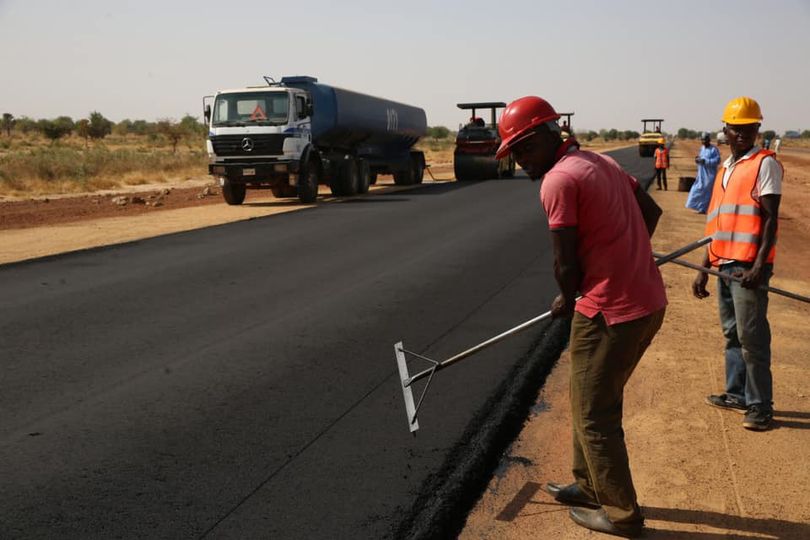There are no products in your shopping cart.
| 0 Items | £0.00 |


Ayo Akinfe
[1] Road infrastructure is essential in modern economies. Economic growth and development requires mobility and accessibility
[2] In Nigeria, we erroneously tend to think that this means fancy flyovers and dual carriageways. What are most important in the country are the tarring of rural roads which link farms and villages with the local government headquarters
[3] Nigeria has 774 local government areas and to address the problem, what we need to get them signed up to a programmes. Were I Nigeria’s works minister, I would invite the chairmen of all 774 local government areas to a seminar in Abuja to discuss the matter
[4] Just to put everything into context, Nigeria currently has about 193,200km of tarred road. Now this compares with 950,974km in Indonesia
[5] South Africa has 750,000km of tarred roads, which should embarrass us big time. That gulf is far too wide for comfort
[6] Nigeria’s new works minister, David Umahi, is pushing for the use of rigid pavement in road construction, as against the flexible pavement predominantly in use
[7] According to the minister this is due to the precarious state of flexible pavements in the country. A rigid pavement is a road surface overlaid with reinforced concrete, while a flexible or asphalt one has a bituminous (tar) overlay
[8] Asphalt roads are the most common type of paved roads in Nigeria. Whichever of the two types the minister goes for, he needs to make mass quantity his watchword
[9] I do not think it is over-ambitious to announce a national programme under which every single road in Nigeria will be tarred by 2030
[10] It appears that for this programme to work, however, we need to sort out local government autonomy. As long as state governors are getting local government allocations, this programme is dead in the water